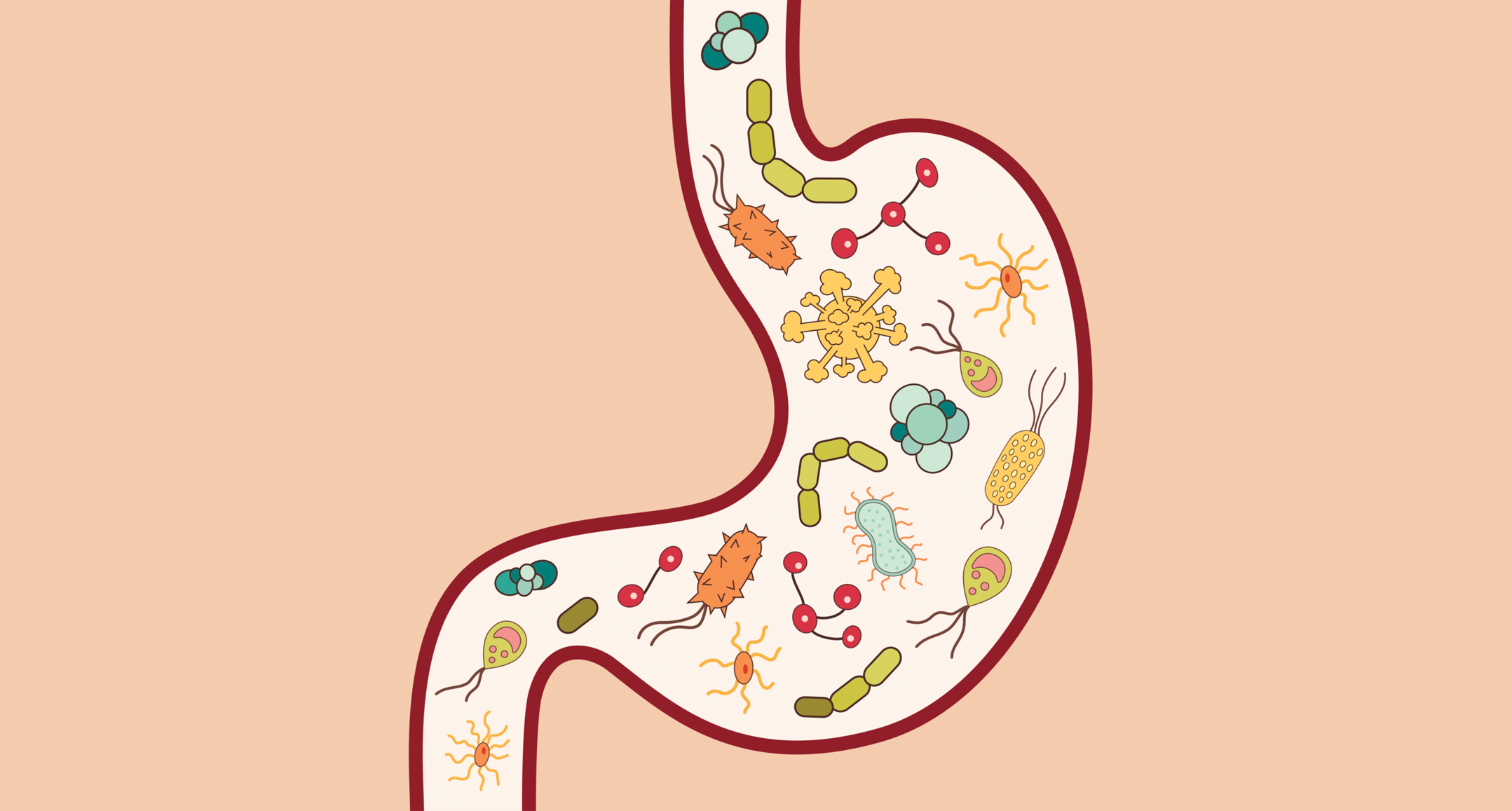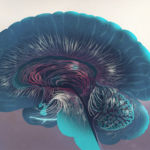Specific fungi found in the gut of people with mild cognitive impairment (MCI) and associated with a higher risk of Alzheimer’s disease may be intervened by consuming a Mediterranean ketogenic diet, new research in EBioMedicine shows.
By sequencing the fungal rRNA ITS1 gene in 11 adult participants with MCI and six more with no cognitive impairments, researchers at Wake Forest School of Medicine established the organisms in the microbiome to identify any association with Alzheimer’s markers in cerebrospinal fluid and signatures of gut bacteria.
“We measure gut mycobiome by sequencing of the fungal rRNA ITS1 gene in 17 older adults (11 MCI; 6 cognitively normal [CN]) in a single-center, randomized, double-blind, crossover pilot study, before and after 6 weeks intervention of MMKD and American Heart Association Diet (AHAD), and determine its correlation with AD markers in CSF and gut bacteria,” the co-authors explained in their findings.
The study uncovered mycobiome signatures specific to MCI and how a modified Mediterranean ketogenic diet affects the mycobiome in association with Alzheimer’s markers.
“Our study reveals that unique fungi co-living with bacteria in the gut of patients with MCI can be modulated through a Mediterranean ketogenic diet,” said Hariom Yadav, co-research of the study, in a news release.
“Although we do not fully understand how these fungi contribute to Alzheimer’s disease, this is the first study of its kind to reveal their role in our mental health, which we hope will ignite thinking in the scientific community to develop better understanding of them in relation to Alzheimer’s disease.”


